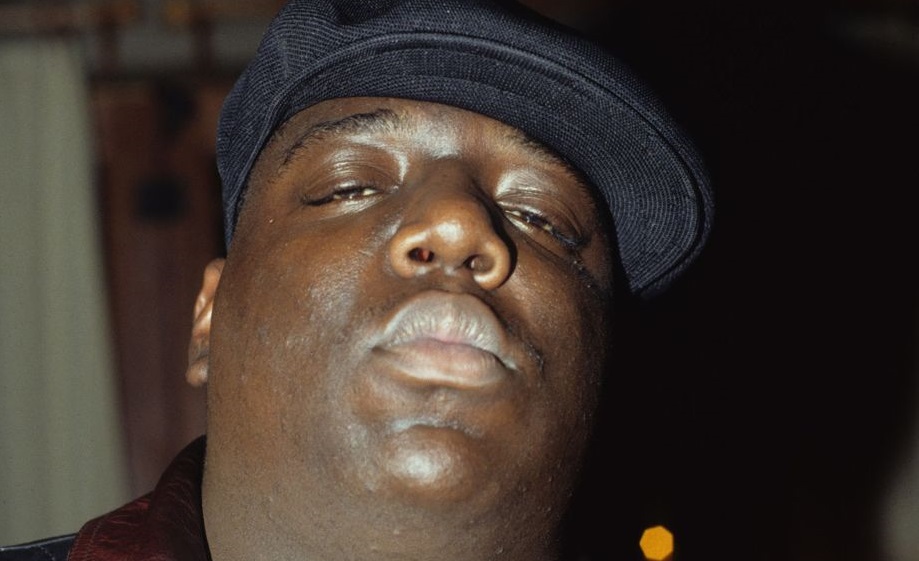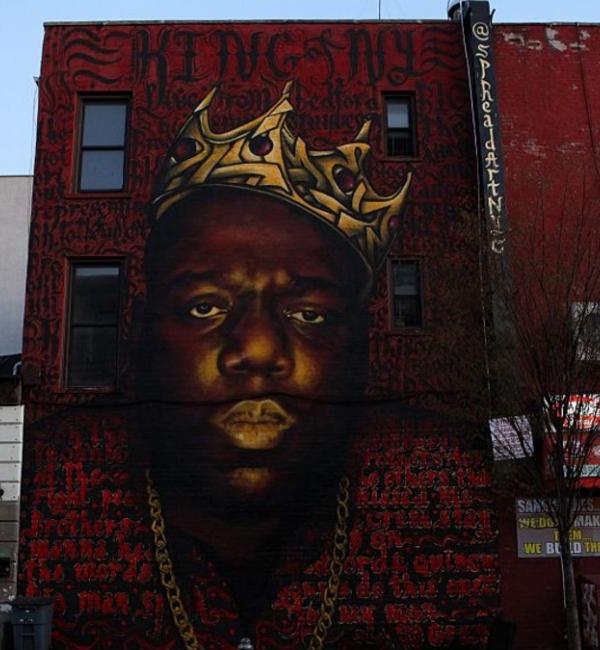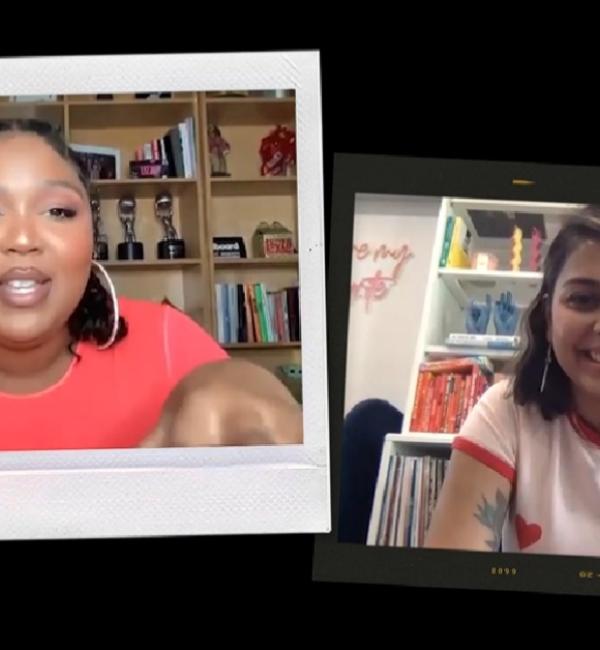
Ready To Die, the only album released by The Notorious B.I.G. in his lifetime, has now lived longer than its creator ever did, with September 13 marking its 25th anniversary.
The years have been kind to Ready To Die; it’s pop-leaning singles can still be heard regularly at clubs, while Biggie’s gritty street narration matched with charm, wit and a remarkable flow have had a profound influence on the rap universe ever since.
The audacity of vision is astounding — a concept record that mapped a fictionalised version Biggie’s life from birth to suicide — and remains an epic form of myth making. The rich-gangster-who-came-from-nothing persona that the Brooklyn rapper portrays is fully formed across the record, and though this was his debut, he writes of riches and celebrity as if his notoriety was well established, and references both his mother and producer Sean ‘Puffy’ Combes like his personal biography is already the stuff of legends.
The years since his death have seen an extraordinary amount of recycling of Biggie’s verses for new albums, including some revelatory bootlegs (J. Period’s March 9 series) and unfulfilling official releases (Duets: The Final Chapter and Faith Evans’ The King & I), which allows an alternative perspective over the original production and also what might have been.
Being a snapshot of one of the all time greats growing into his prime, it’s not unfair to say that the production is the least interesting part of Ready To Die. With some notable exceptions, at best it doesn’t get in his way or distract from his engrossing storytelling. It doesn’t help that the version available today is missing several key samples that were removed due to copyright cases following the initial release, but the uncluttered nature of the arrangements actually affords Biggie’s voice an enormous amount of space, which he fills accordingly.

The prevalence of keyboards add to the dark, introverted mood of much of the album, while also working to smooth out the sound as a juxtaposition to Biggie’s often aggressive delivery, which in turn has the added effect of making his sly-winking asides funnier and his sex rhymes sound filthier. Especially when compared to contemporaneous New York hip hop records such as Illmatic, Hard To Earn, Midnight Marauders or Enter the Wu-Tang (36 Chambers), the smoother moments of the production feel like a nod to the West Coast, in particular Dr. Dre’s The Chronic (hello, synth line from Big Poppa), a sample from which is used as the hook in the album’s first song. An irony, considering the coastal wars that would soon ensue and consume Biggie’s career and life.
The misogynistic nature of the lyrics has not aged well and frankly the numerous sex skits have always been an uncomfortable listen. Others may disagree, but the one and half minutes devoted to the sex sounds of Fuck Me (Interlude) adds nothing, while later the extremely closely miked sounds of Big receiving a blowjob — especially when placed at the end of a song called Respect — will make your skin crawl.
It’s hard to believe when examining Ready To Die’s place among the titles of classic albums, but Biggie was still finding his feet as a rapper during its creation. The album was actually made in two blocks, with Combes’ firing from Uptown Records in 1993 putting pause on proceedings until he started his own label, Bad Boy Records. The B.I.G. that most people would be familiar with — the effortlessly cool smooth talker of Juicy and Hypnotize — had not yet emerged during the initial sessions, with Things Done Changed, Gimme The Loot and Ready To Die showcasing a frantic, higher pitched vocal style that had largely been abandoned by the second album, 1997’s Life After Death.
Puffy’s irritating mumbled background vocals are all over Ready To Die, but it was his insistence that Biggie focus on song forms and hooks, while balancing out the more thuggish drug dealer tracks with ones built for radio, that ensured the album’s continuing wide appeal. As much as the dusty back and forth with Method Man on The What or the dark intensity of Suicidal Thoughts are monumental standouts, the nostalgic boogie of Juicy is the perfect rap crossover song. It’s that bassline and hook that you can still hear being blasted from cars on any given summer night, and, along with Big Poppa, those are the memories of good times that have lured listeners into this remarkably nihilistic and narcissistic album since 1994.
25 years on and The Notorious B.I.G.’s celebrity is more prevalent than ever and Ready To Die remains a stone cold classic.
Buy the limited edition Ready To Die 7" singles box set now.








